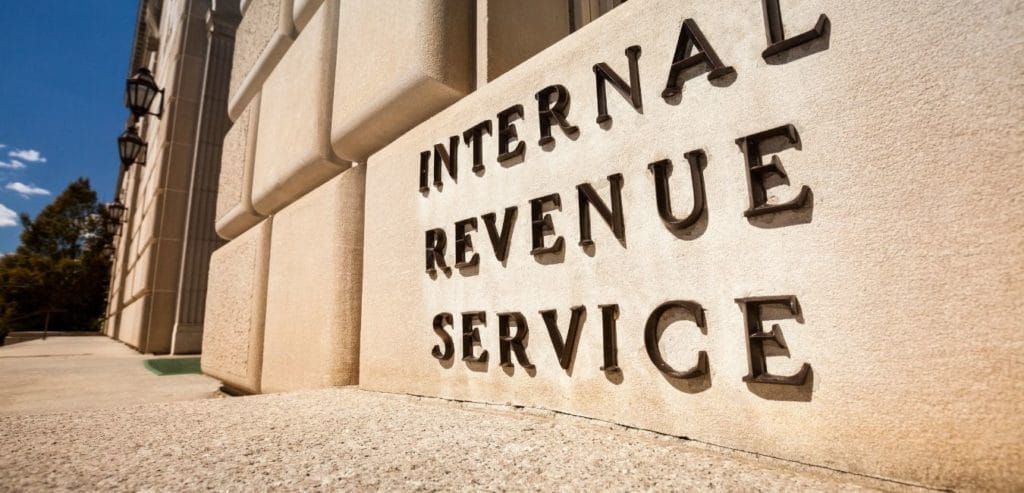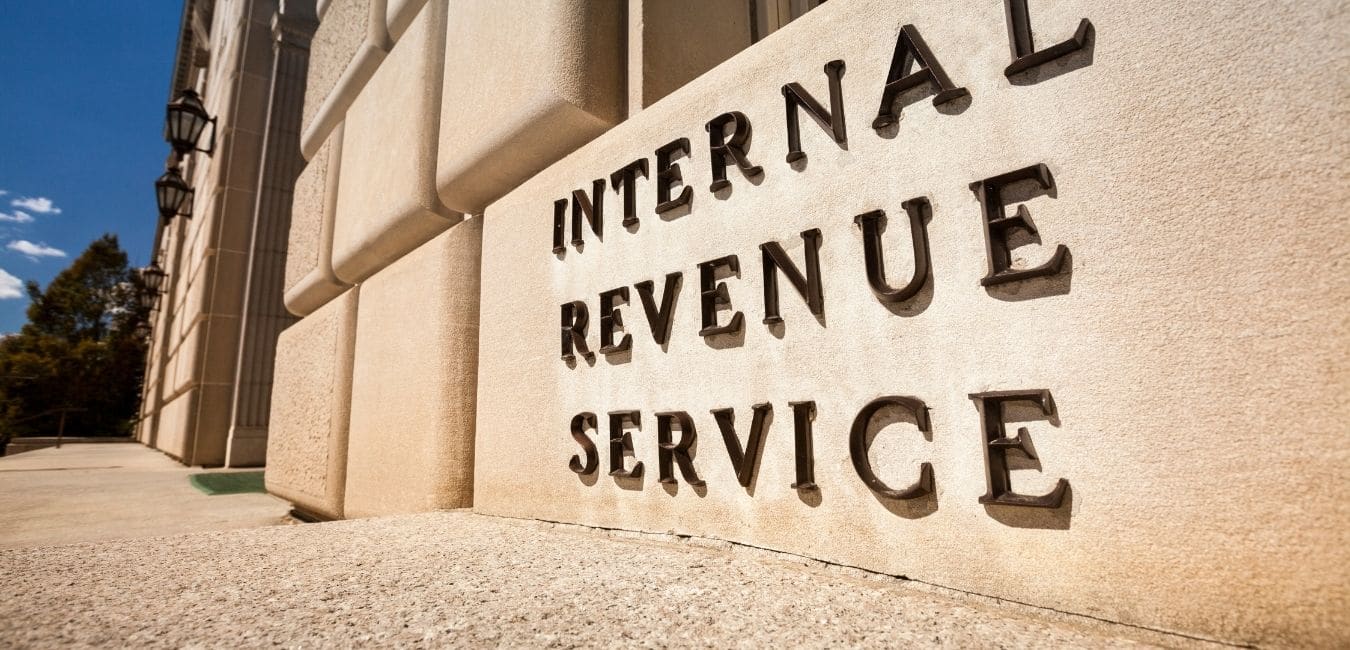What is Section 1031?
Section 1031 is a part of the Internal Revenue Code (IRC) that allows for the deferment of federal capital gains taxes on certain types of real estate exchanges. However, there are conditions that must be met in order for the exchange to qualify under Section 1031. Let’s take a look at how it works.
Section 1031 exchanges are also sometimes called like-kind exchanges or Starker exchanges. Real estate investors can take advantage of this deferring of capital gains tax when they sell one of their investment properties and reinvest the proceeds immediately into one or more other investment properties. The process became known as a Starker Exchange after the 1979 Starker vs. Utnited States court ruling that stated that exchanging properties within a set time limit is legally considered the same as a simultaneous transfer of property ownership.
Section 1031 used to apply to a larger range of real estate and personal property items, including art, equipment, franchises, partnership interests, stock in trade, securities, certificates of trust, and beneficial interests. However, since January 1, 2018, only business or investment real estate properties are eligible for 1031 exchanges. No personal property (such as primary residences) can be exchanged under Section 1031.

Rules for Using Section 1031
Beyond the business or investment property requirement, there are a few other important rules that apply to 1031 exchanges.
Like-Kind Property
The exchanged properties must be like-kind. The original premise of 1031 exchanges was that one property would be swapped directly for another, but this proved to be impractical since it’s very unlikely to find someone who will sell the property that you want and who also wants the property you have, at the moment you want to sell it. Now, the tax code allows for delayed and reverse 1031 exchanges which makes the process easier and more practical.
Like-kind is defined as similar in nature or character, although properties can vary in grade or quality and still qualify. In terms of real estate, this means that almost any type of investment or business property can be exchanged for another. Eligible properties must be located in the United States, and can include apartment buildings, single-family rental properties, duplexes, rental commercial office buildings, vacation home rentals, and rental restaurant properties.
You can also exchange one large or highly valuable property for several smaller or less valuable properties, such as exchanging one apartment complex for three single-family home rentals.
Greater or Equal Value
In order to defer the entire amount of capital gains taxes in an exchange, the replacement property (or properties) must have a net market value that is equal to or greater than the value of the relinquished property. Acquisition costs like inspector and broker fees can be factored into the total cost of the replacement property.
For example, if you are selling a property that’s worth $500,000, you would need to acquire a property or group of properties that have a total worth of at least $500,000 in order to avoid paying in capital gains taxes.
The Boot
You can still do a 1031 exchange if the replacement property or properties are worth less than the relinquished property, but in that case, you will pay capital gains taxes on the price difference, which is also called the boot. So, if you sold your $500,000 property and purchased a $400,000 property in the exchange, you would have to pay capital gains taxes on the $100,000 boot. Depending on your income tax bracket, the tax amount can be 0%, 15%, or 20%.
Same Taxpayer Name
To complete a 1031 exchange, the name on the tax return and title of the relinquished property must match what appears on the purchasing documents for the new property, unless you are using a single-member limited liability company to sell your property and your name to purchase the new property.
Timing
Once your property is sold, you have 45 days to identify up to three potential replacement properties. You have 180 days from the sale of your property to complete the purchase of the replacement property. Note that both periods start simultaneously on the sale date of your relinquished property.
Qualified Intermediary
You will need to hire a qualified intermediary to complete a 1031 exchange. The QI will manage the proceeds of the sale of your property and apply them to the purchase of the new property, so you never actually receive the money and therefore remain exempt from capital gains taxes.

Section 1031 Benefits
There are many benefits of 1031 exchanges for both new and experienced investors, including the following:
Leverage and Increased Purchasing Power
Real estate investors can use 1031 exchanges to leverage their cash in order to build more wealth. Since the investor does not have to pay capital gains taxes to the IRS, they can use that saved money on a bigger down payment, increasing their purchasing power and allowing them to acquire a more valuable replacement property than otherwise would have been possible.
Portfolio Consolidation and Diversification
Section 1031 allows for flexibility for investors, so you can trade one type of property for several properties of another type or vice versa. This tool can be used to consolidate or diversify your investment portfolio, and it can also serve to increase cash flow if you exchange a vacant property for one that generates income.
Management Relief
Managing several rental properties can be expensive and time-consuming. If an investor finds themselves spending too much money or time on management, they can utilize a 1031 exchange to exchange their high-maintenance rental properties for lower maintenance properties that require little oversight.
Reporting a Section 1031
All 1031 exchanges must be reported using Form 8824. If there is a boot involved in the exchange, the gain must be reported on Form 8949, Form 1040, or Form 4797, depending on the exact situation. Any depreciation recapture may need to be reported as regular income.




